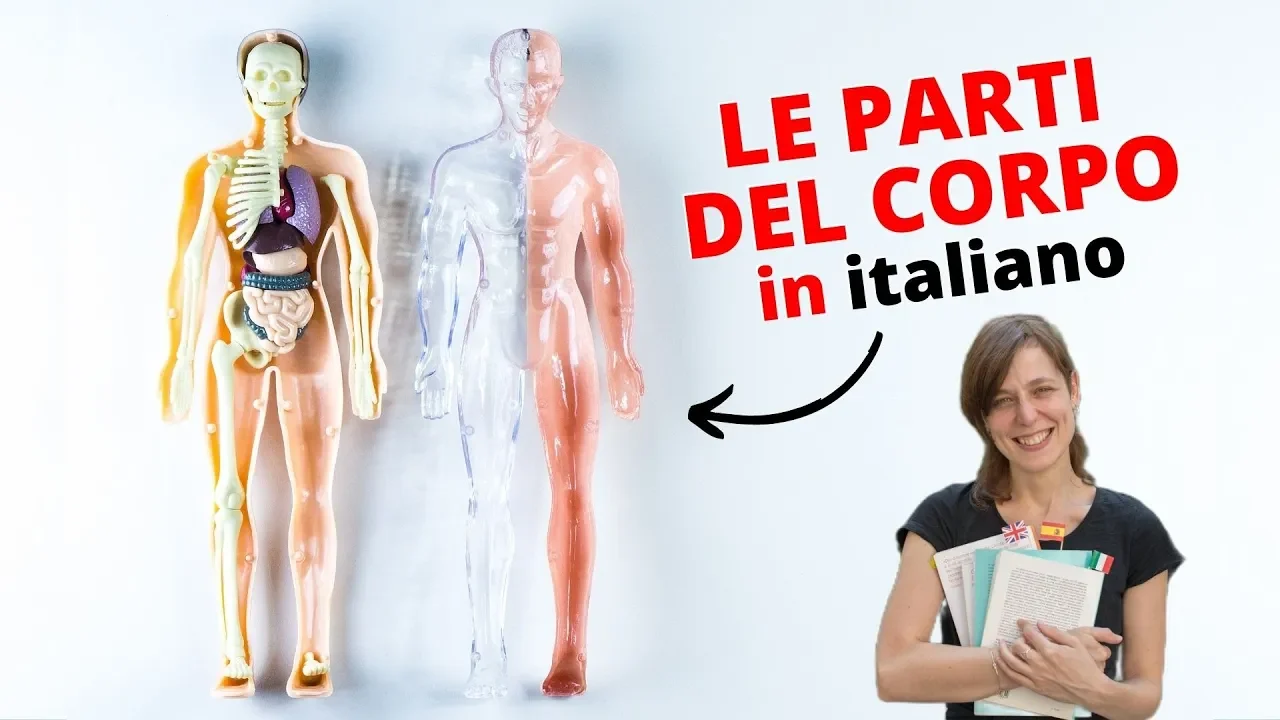
12 objectives for learning a language in 2021
4 January 2021
Quindi, infatti, davvero, inoltre – how do you use them?
18 January 2021Discover your language level

What is your level of Italian? A1 or B2?
Did you know that the level of a language can be classified with acronyms ranging from A1 to C2?
And that knowing your level is essential when studying a language?
When I lived abroad, I had no idea what these abbreviations meant, however from an A2 level in English and Spanish, I now have a C1 level in both languages. Knowing my starting and finishing levels was very helpful in understanding my language skills.
I remember that when I lived in England, when I talked to native people I used to say that my English was very poor. Then I enrolled in a language course and found out that my level was in between B2 and C1. In this way I realised what I knew about the language and what I could improve.
Today I want to explain the meaning of these levels so that you can see where you are in your Italian learning process.
First of all, as you may have guessed, A1 is the lowest level and C2 the highest, so we will have A1-A2, B1-B2, C1 and C2 in order.
Your level is A1 if you recognize familiar words or understand very simple sentences, such as ‘Ciao, mi chiamo Maria e sono italiana”. You can interact in a simple way with people, provided that the person in front of you is prepared to repeat more slowly.
In the same way you can talk about yourself: you can say your name, where you are from and where you live.
If you are on holiday you can write a short, simple postcard.
What about A2 level? At this stage, you can speak in longer sentences, for example describing your daily routine. You can describe your family and other people and talk about your school or work situation.
You can also describe situations in the past using the imperfetto or the passato prossimo tense. Finally, you can write or say a recipe using the imperative.
A1 and A2 are considered to be the basic levels. Now we move on to the two intermediate levels: B1 and B2.
If you are a B1 level, you can talk, without preparation, about familiar topics, such as your family, your work, your travels and your hobbies. You can also talk about current affairs and understand the essentials of radio and television broadcasts, as long as your speech is relatively slow and clear.
You are able to describe your dreams, hopes and ambitions using the conditional tense. For example, you can say, ‘I would like to learn Italian because one day I would like to live in Italy’.
You can also express your opinion about something, for example a film, a book, a person. Finally, you can write a letter to a friend about yourself and your experiences.
At level B2 you begin to understand more complex conversations, provided that the topic is familiar. You understand most TV and radio programmes and can read news articles. You can also watch most films in Italian. You can communicate with Italian people without difficulty, expressing yourself in a varied and articulate way.
You can write essays and reports providing information and describing your opinion.
If you can do all this and more, then you are at an advanced level such as C1. At this level you can understand long and complex speeches and have no problem watching films in Italian. You can read specialised articles and technical instructions. You can express yourself fluently and spontaneously and give detailed descriptions of complex subjects. When writing, you are able to choose the style best suited to your target audience.
You have reached C2, the highest level! You are now able to understand long, detailed speeches, even if people speak quickly. You can express yourself with ease and convey subtle shades of meaning. You can read any kind of text with ease, write letters, reports and complex articles. You can also write summaries and reviews of literary works and professional essays.
So, what is your level of Italian?




